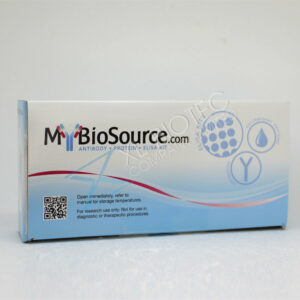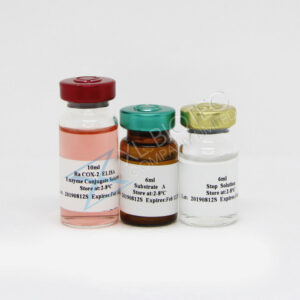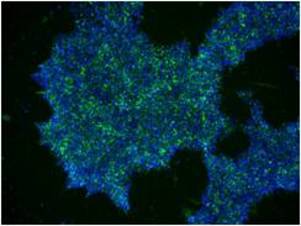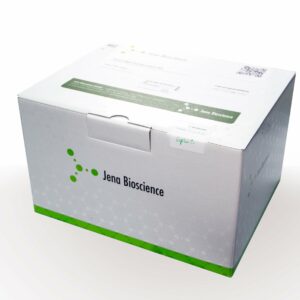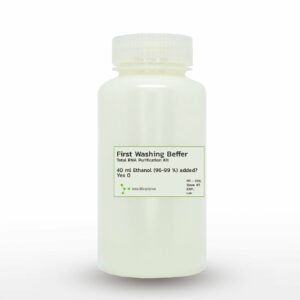
Mycoplasma Detection Kit
Cat-no : PP-401L
Amount : 50 reactions
Store at : -20 °C avoid freeze/thaw cycles
Shelf Life : 12 months
Why you should search for Mycoplasma in your Tissue Cultures.
Mycoplasma contamination is one of the most dreaded issues in tissue culture, posing severe risks to the integrity and reliability of experimental results. Mycoplasma are small, bacteria-like organisms that lack a cell wall, enabling them to evade many standard antibiotic treatments. Their nefarious presence in tissue culture can have various negative consequences:
- Alteration of Cell Function: Mycoplasma can alter cellular functions, including changes in cell growth rates, metabolism, and response to external stimuli. This can skew research results and conclusions.
- Cell Morphology Changes: Mycoplasma contamination can lead to noticeable morphological changes in cultured cells.
- Competing for Nutrients: They consume vital nutrients meant for the cells, which can affect cell growth and health.
- Interference with Experiments: Mycoplasma can affect cellular responses and gene expression, thereby compromising the reliability of experimental data.
Given the gravity of these concerns, detecting and eradicating mycoplasma is crucial. One of the most sensitive and reliable methods for mycoplasma detection is Polymerase Chain Reaction (PCR). Here’s how PCR can be used:
- DNA Extraction: A sample is taken from the potentially contaminated tissue culture. The DNA from this sample is then extracted.
- Amplification using PCR: The Mycoplasma Detection Kit contains primers that are specific to conserved regions of the mycoplasma genome. When a PCR reaction is set up using these primers, any mycoplasma DNA present in the sample will be amplified.
- Detection: After PCR amplification, the presence of mycoplasma DNA can be detected using gel electrophoresis. A visible band at the expected size indicates contamination.
The Mycoplasma Detection Kit is an invaluable tool for researchers, as it offers a rapid and reliable method to test for mycoplasma contamination. Its sensitivity ensures that even low levels of contamination, which might be missed by less-sensitive methods, are detected. Utilizing the Mycoplasma Detection Kit becomes imperative for labs aiming to maintain the highest standards of tissue culture integrity.
In summary, mycoplasma contamination poses severe threats to the validity of tissue culture experiments. Through the use of efficient detection methods, such as PCR with the Mycoplasma Detection Kit, researchers can ensure that their cell cultures remain uncontaminated and their research results are trustworthy. Given the challenges posed by mycoplasma, turning to reliable solutions like the Mycoplasma Detection Kit is crucial for maintaining research integrity.
| Vendor | เยน่า ไบโอไซเอนซ์ |
|---|
Related products
อณูชีววิทยา
อณูชีววิทยา
อณูชีววิทยา
อณูชีววิทยา
อณูชีววิทยา
อณูชีววิทยา
อณูชีววิทยา
อณูชีววิทยา






